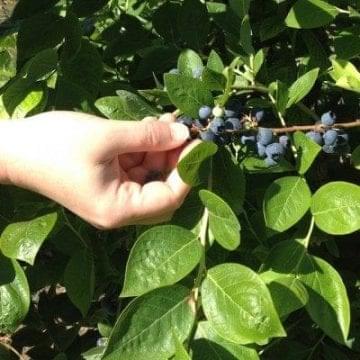Juniperus communis – Cupressaceae family
Juniper plays the role of the trickster in the herbal world. Its history is colored with paradoxes. The ancient Greeks started its use innocently enough by brewing the berries into a medicinal liquor. Variations of this recipe remained popular for hundreds of years as a tonic to the urinary tract.
Then in the 17th century, a German expatriate living in Holland, Dr. Franciscus Sylvius devised a juniper flavored drink, gin, to be used as a diuretic. He sold it throughout Europe as a cure for stomach disturbances, lower back pain, arthritis and gallstones.
The public quickly found more mundane uses for gin. Gin joints, gin alleys and gin mills became a common sight. The reputation of juniper as a medicine slipped into the gutter.
Essential oil of juniper is full of surprises. Juniper has at least three powerful anti-inflammatory agents. Just a few drops added to almond oil brings relief when rubbed into arthritic joints.
Juniper essential oil is also used to treat edema but with caution. The pine-like odor is due to alpha-pinene which is both antiseptic and diuretic. Modern massage therapists employs juniper just as the Greeks did centuries ago. Juniper may be good for the urinary tract but it plays havoc with fragile kidneys.
Even in the landscape, juniper causes mischief. Juniper entices the gardener with its ease of maintenance which makes it very popular. Topiary fans have planted junipers in front yards through the world. Soon, this evergreen shrub started causing problems. It was discovered that juniper plays host to rust diseases that plague apple and pear growers.
The lesson of juniper is the same as any other tricksters. This herb may be a powerful tool and faithful ally but don’t take it for granted. Juniper may have a few more tricks up its sleeves.






